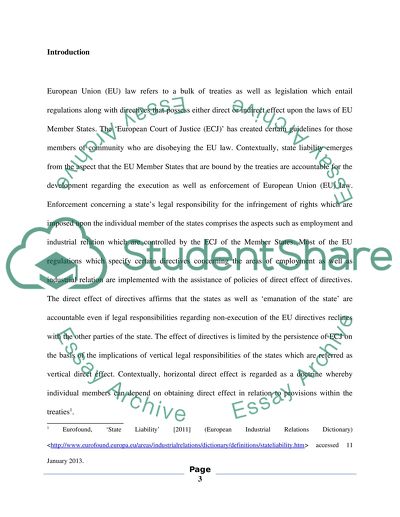Cite this document
(“EU Law Coursework Example | Topics and Well Written Essays - 2000 words”, n.d.)
EU Law Coursework Example | Topics and Well Written Essays - 2000 words. Retrieved from https://studentshare.org/law/1466119-eu-law
EU Law Coursework Example | Topics and Well Written Essays - 2000 words. Retrieved from https://studentshare.org/law/1466119-eu-law
(EU Law Coursework Example | Topics and Well Written Essays - 2000 Words)
EU Law Coursework Example | Topics and Well Written Essays - 2000 Words. https://studentshare.org/law/1466119-eu-law.
EU Law Coursework Example | Topics and Well Written Essays - 2000 Words. https://studentshare.org/law/1466119-eu-law.
“EU Law Coursework Example | Topics and Well Written Essays - 2000 Words”, n.d. https://studentshare.org/law/1466119-eu-law.


